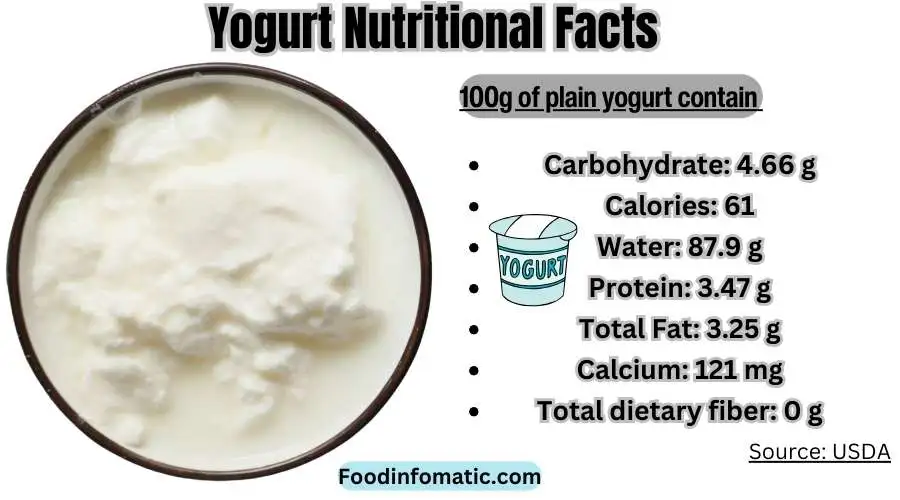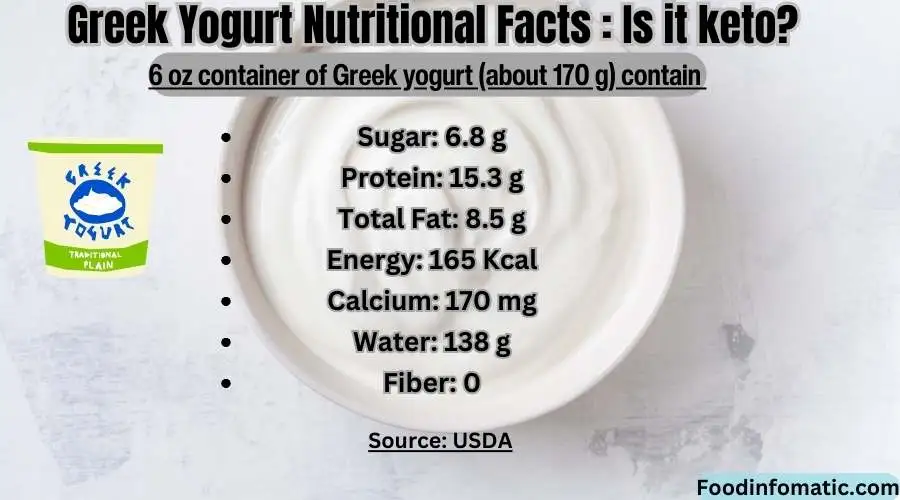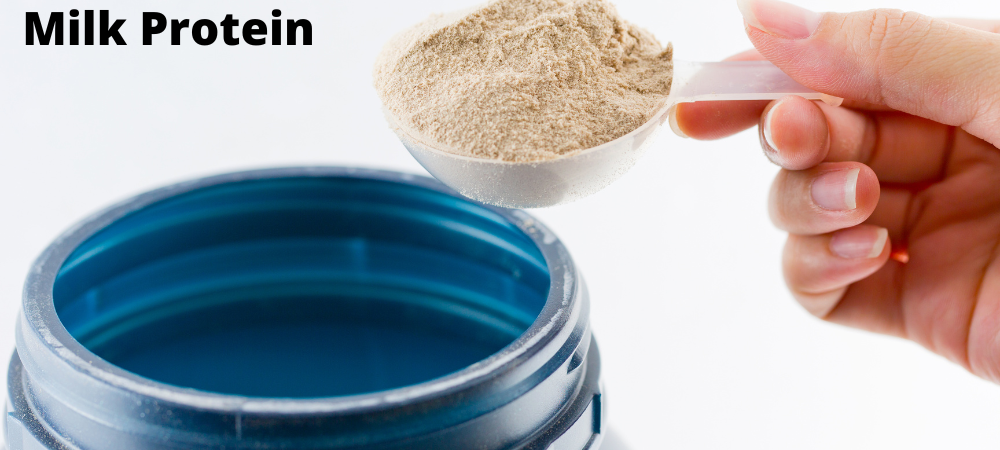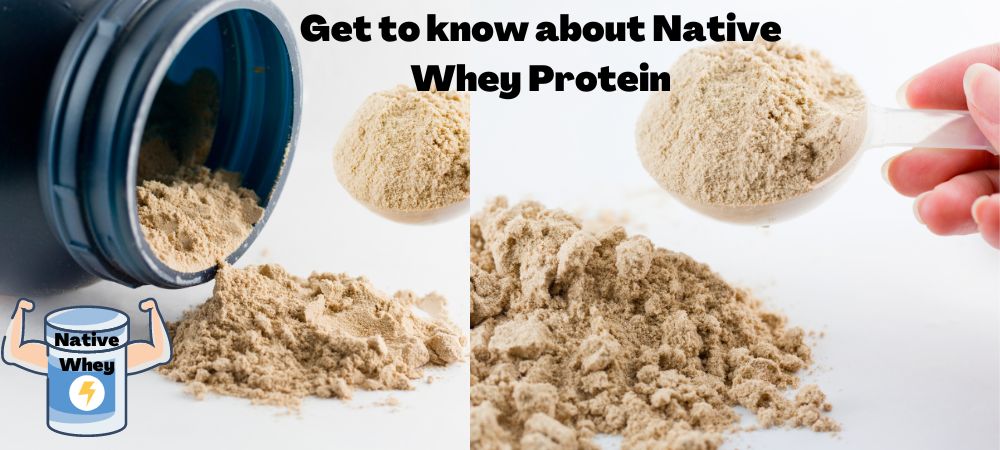The trend of the keto diet is increasing among health and weight loss enthusiasts. A ketogenic diet allows the intake of high fat with restricted consumption of high-carb foods. Among the various foods, people following ketogenic meals are looking for yogurt, a famous dairy product, as a better option. But Is yogurt keto? Or can you include yogurt in your ketogenic diet plan? If so, what type of yogurt should you prefer?
This article will provide all the necessary information you should know about yogurt if you are on the keto diet.
Is Yogurt Keto-friendly? Important Information
Before answering this question, you should know that yogurt does contain some carbs in the form of lactose, a dairy sugar, which is a “not recommended” sign for the ketogenic plan.
However, Yes, you can still enjoy the yogurt if you are carefully restricting its consumption in your keto plan.
It must be noted that while low carbs play a basic role in keto-friendly food, most keto plans allow at least 25-50 grams of carbohydrates per day. So, it comes down to your daily serving, consumption, and the types of yogurt you are eating.
While planning keto, it is also important to take care of carbs coming from other important and necessary sources of food, including fruits and vegetables, which provide vitamins, minerals, and antioxidants. So, you don’t need to take all of your daily carbs intake from yogurt; otherwise, even a minimum carbohydrate coming from other foods will take you out of ketosis.
Nutritional Facts of Yogurt
Apart from carbohydrates, yogurt is also a good source of protein, fat, vitamins, minerals and probiotics.
According to the U.S. Department of Agriculture (USDA), 100 grams of yogurt, plain, whole milk contains (1):
- Carbohydrates: 4.66 g
- Calories: 61
- Water: 87.9 g
- Protein: 3.47 g
- Total Fat: 3.25 g
- Calcium: 121 mg
- Total dietary fiber: 0 g
The nutritional content in yogurt varies depending on the type of yogurt. Some brands can also include added sugars or artificial sweeteners. So, people following the keto plan should always read the nutritional label provided on the yogurt package and go for yogurt with the following properties:
- Fewer carbs
- High fat
- No added sugar
- And moderate protein.
Best Keto Yogurts
Now that we have found out that yogurts are allowed in ketosis, let’s explore the best types of yogurts which can be a good option for you.
Greek yogurt: is Greek yogurt keto?
Yes, the low carbohydrate content of yogurt makes it a keto-friendly dairy product. It is a high-protein yogurt made by fermenting yogurt in tanks, followed by straining whey and other liquids during processing, providing a high protein content.
Nutritionally, 6 oz of Greek yogurt (about 170 g) contains:
- Sugar: 6.8 g
- Protein: 15.3 g
- Total Fat: 8.5 g
- Energy: 165 Kcal (2).
Keto-friendly yogurt brand
There are few brands available in the market that specifically make yogurt for the keto diet. These yogurts contain higher fats with low carbohydrates. Look for “keto-friendly, low-carb, or high-fat” tags on yogurt packages.
Homemade yogurt
You can also make your own keto-friendly yogurt at home using specific ingredients (i.e., whole milk and probiotic cultures). Keep reading, as we have also provided recipes to make low-carb yogurts at home.
Alternative milk yogurts
If you are looking for dairy-free and keto yogurts, coconut milk and almond milk yogurts are the products that you can consume even if you are on the keto diet. Just be sure to buy the yogurts with no added sugars.
How to Make Keto Yogurt at Home?
The best keto yogurt is what you can make yourself. All you need is whole milk, yogurt (as a starter), and heavy cream. Following are a few ways to make keto-friendly yogurt at home.
Homemade Keto Greek Yogurt
- Take 500 ml of whole milk, 30 g of yogurt, and 2 tablespoons of heavy cream.
- Add milk and heavy cream to a deep pot and mix well.
- Heat the milk and cream mixture to a temperature of 80-95 °C and cool to room temperature. You can also stir the milk a few times while cooling to ensure uniformity.
- Now, take the yogurt in a small bowl and add around one-fourth of a cup of chilled milk, followed by mixing.
- In the next step, you can stir the yogurt mixture back into the rest of the milk.
- Cover the pot with a kitchen towel and let it incubate (sit) for around 10-11 hours. Be sure that yogurt becomes thick as well as tangy. It is essential to keep the pot in a warm place to ensure the continuation of the yogurt-making process.
- To get a creamy greek yogurt, take a colander and place a piece of cotton gauze over it. Now, take the yogurt from the pot and pour it into the colander. Refrigerate it for five to six hours till it becomes thick enough. You can now transfer the yogurt to a jar.
- Your yogurt will be ready to serve now, so enjoy it with some chopped nuts and seeds.
Homemade Keto Yogurt Using Instant Pot
- Take the pasteurized ultra-filtered whole milk and add heavy cream to the lining of the instant pot. Gently heat it by using the “yogurt” or “keep warm” buttons, and let it sit for around 40 minutes.
- Heat the mixture to a temperature of 180 degrees Fahrenheit.
- The next step is cooling, where you should remove the liner from the instant pot and cool it till the temperature approaches 110 degrees. This is known as proper incubation temperature, which allows the optimum growth of bacteria.
- Now add yogurt culture (one-fourth of a cup) and cover the pot with a lid. Slightly warm the mixture again for incubation by using “yogurt” button, which should keep the temperature to an optimum level, which will be ideal for the growth of the bacterial culture. Alternatively, you can simply wrap the instant pot using a kitchen towel for insolation in a slightly warm place.
- Keep the mixture at incubation for eight hours. Your yogurt will be ready, and you can directly serve it or store it in a refrigerator.
Top Keto Yogurt Snack Ideas
Although the consumption of keto yogurt or greek keto yogurt and the meal planning depends on individual preferences, we bring some interesting and mouth-watering ideas for you which will surely give you the best taste experience.
You can enjoy keto yogurt with a small square piece of dark chocolate, 2 chopped strawberries, 2 teaspoons of cocoa powder. For better flavoring, add 1 teaspoon of vanilla extract and a small quantity of monk fruit sweetener.
Another idea is to use yogurt with blueberries (1/4 of a cup) and 5 pecan halves with a little addition of lemon juice and monk fruit sweetener. This will enhance your experience if you like a combination of blueberries and lemon juice.
If you like a meal with coconut, try greek yogurt with one tablespoon of unsweetened coconut and 5-6 chopped macadamia nuts.
Don’t forget to stir the flavoring components, for instance, monk fruit sweetener, lemon juice or vanilla extract, in yogurt for greater consistency.
Benefits of Keto Yogurt
Keto yogurt not only helps you keep your carb intake low and reduce weight but also provides a load of essential nutrients that are beneficial for your body.
It contains a good amount of protein that is important for every body part and helps build muscles, manage weight and support metabolism. Infact, a scientific study showed that people who snacked on yogurt felt less hunger while consuming fewer calories at dinner time compared to those who ate other protein snacks with the same quantity of calories (3).
Yogurt is a rich source of calcium, which is an essential mineral to keep human bones and teeth healthy. It is also an excellent probiotic carrier.
Yogurt also contains impressive amounts of vitamin B, especially vitamin B2 (known as riboflavin) and B12. These vitamins are beneficial against heart diseases and some tube birth disorders.
Some amount of important minerals, including phosphorus, magnesium, and potassium, are also present naturally in yogurt. These minerals are helpful in blood pressure regulation, bone health and metabolism (4).
Downside of taking Keto-Yogurt
Despite various benefits, keto-yogurt is necessary to take in moderation. Even high consumption of low-carb yogurts will break your ketosis as carbohydrates in the body will automatically increase.
If you are lactose intolerant, you might consider taking yogurt cautiously. Similarly, people with milk protein allergy might face allergic reactions after consuming yogurt. So, if you have a milk allergy, it is advisable to avoid it.
Still, people with allergies and lactose intolerance can enjoy keto-yogurts made from alternative or plant-based milk like coconut, soy, oat and almond milk. Even the non-dairy alternative for heavy cream can also be utilized for yogurt making.
Summary
Yogurt is a good nutritional source and can be a keto-friendly diet if consumed in moderation. However, all yogurts contain carbs, the amount of which depends on the type of yogurts. If you are considering taking yoghurts, you must choose one with fewer carbs and without any additives or artificial sweeteners. In supermarkets, you can find various keto-friendly yogurts that are specifically low in carbohydrates. Among them, greek yoghurts mostly contain fewer carbs. But always read the ingredients on the nutritional facts lists available on yoghurt packaging to choose the best one.
After all this information, if you are still hesitant towards yoghurts and want to enjoy dairy products, you can try some keto-friendly cheeses.
If you are facing any specific allergy or disease, don’t forget to consult your doctor. It is recommended to discuss with your nutritionist to make a perfect keto diet plan.





